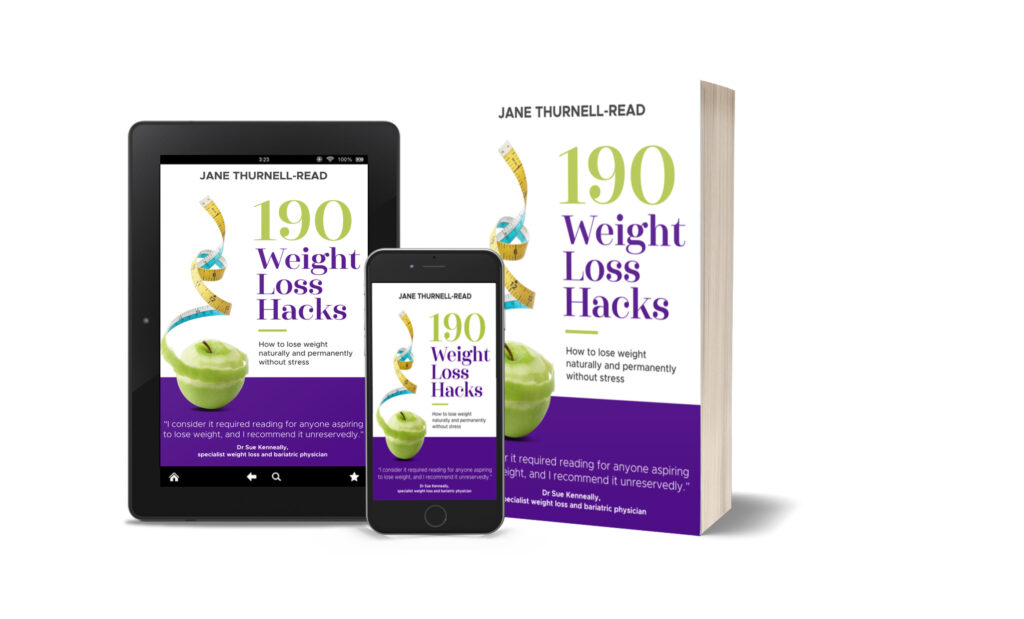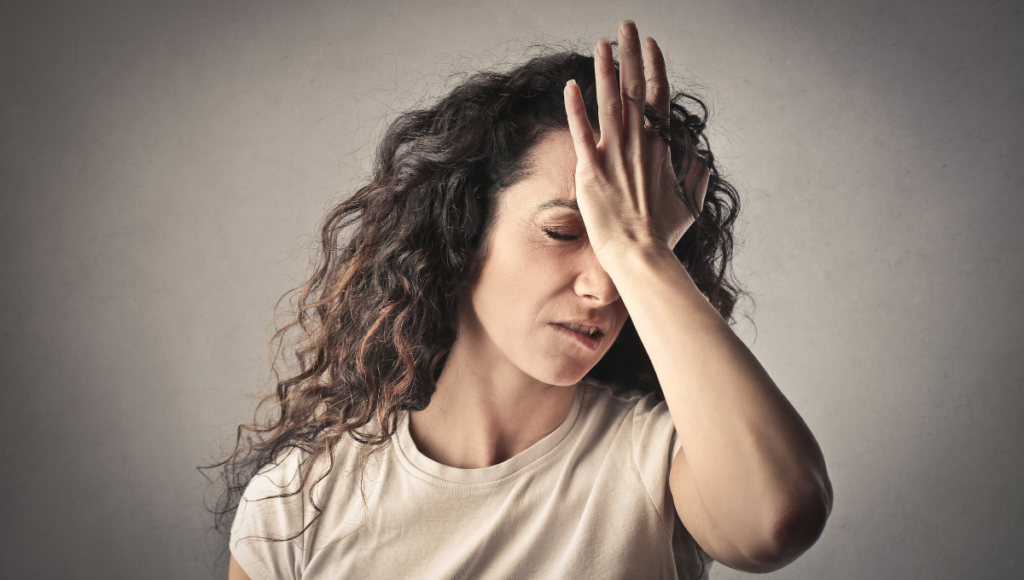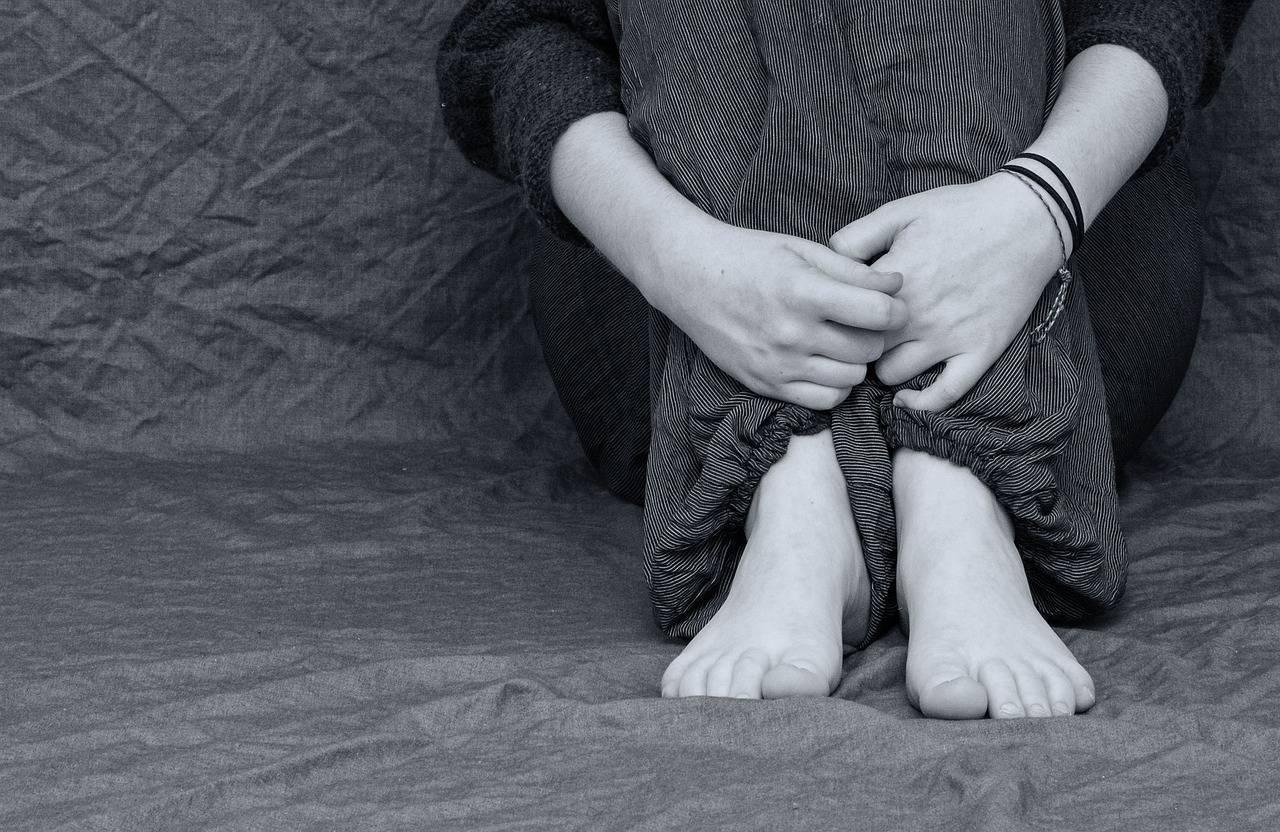Feeling tired all the time is a common complaint, and there can be many different reasons for it. It’s important to first understand that feeling tired is not the same as feeling drowsy. Drowsiness is a temporary phenomenon when you have an overwhelming desire to sleep. Tiredness, on the other hand, is a feeling of fatigue or lack of energy that can be caused by a variety of factors. It tends to persist in the background (and sometimes in the foreground!) all the time.
Certain medical conditions can also cause tiredness. It’s important to remember that sometimes, feeling tired all the time may be a symptom of a more serious underlying condition, such as sleep apnea, depression, or a chronic illness. Anaemia, which is a lack of iron in the blood, can cause fatigue. Thyroid disorders, such as hypothyroidism, can also cause chronic tiredness. Additionally, chronic fatigue syndrome and long covid are conditions characterised by extreme tiredness that is not improved by rest.
Certain medications can also cause tiredness as a side effect. For example, some antidepressants, anti-anxiety medications, and blood pressure medications can cause drowsiness.
For all these reasons it is important to consult your medical practitioner if you are suffering from prolonged tiredness. Once these have been ruled out, you need to look at various lifestyle factors.
One of the most common causes of tiredness is a lack of sleep. It’s important to aim for 7-9 hours of sleep each night, and to maintain a consistent sleep schedule. If you’re not getting enough sleep, or if the quality of your sleep is poor, you may wake up feeling tired and unrefreshed.
Another common cause of tiredness is stress. Stress can take a toll on the body and can cause a range of physical and emotional symptoms, including fatigue. Chronic stress can also disrupt your sleep, making it harder to fall asleep or stay asleep.
A poor diet that is low in vitamins and minerals can cause fatigue. Increasing the amount of fruit, vegetables and fibre in your diet can be extremely helpful. Alcohol may help you get to sleep but it definitely affects the quality of your sleep, so can leave you feeling tired. Caffeine is a well-known stimulant. Many people find they sleep better if they only drink coffee and other stimulants in the morning.
Additionally, a sedentary lifestyle can also contribute to fatigue, as regular physical activity can help to boost energy levels. It can be hard to believe that when you’re tired, taking exercise is going to help you feel a lot better, but the research definitely supports this idea.
So, if you’re feeling tired all the time, it’s important to take a closer look at your lifestyle and see if there are any changes you can make to improve your energy levels. Here are a few tips to help boost your energy:
- Make sure you’re getting enough sleep each night
- Try to maintain a consistent sleep schedule
- Practice stress-management techniques, such as yoga or meditation
- Eat a healthy, balanced diet that includes plenty of fruits and vegetables
- Get regular exercise
- Avoid caffeine and alcohol, which can disrupt sleep
- Talk to your doctor if you think you may have a medical condition that is causing your fatigue
If you’re experiencing persistent tiredness, it’s important to talk to your doctor to rule out any underlying medical issues. It’s also important to look at your lifestyle. Do you need to make sleep a higher priority in your life? Do you need to make alterations to your diet? Do you need to take more exercise?
There is lots of information on this website about how to do all this, so take the time to explore it now.



